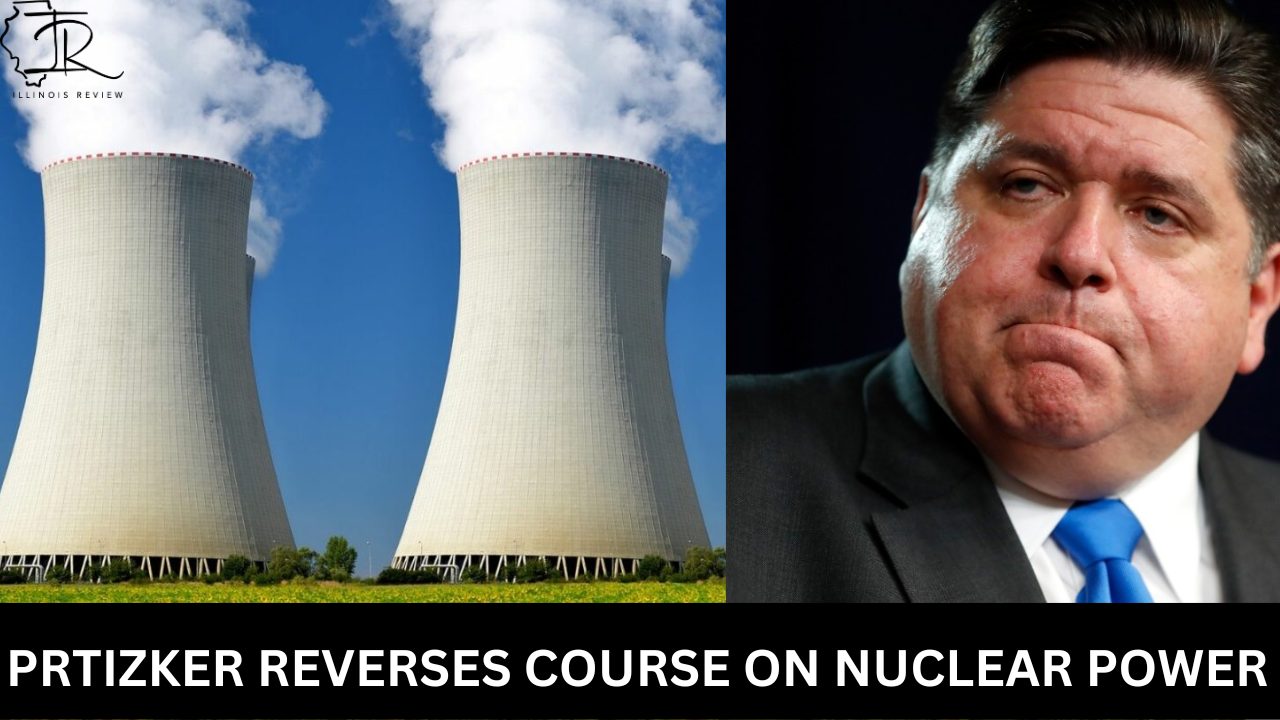In a resolute action that marks a significant shift in energy policy, the Illinois Senate has approved lifting a long-standing moratorium on new nuclear power installations. This decision, crucial for meeting Illinois’ carbon-free power production goal by 2045, showcases a blend of foresight in energy policy and commitment to economic growth. It comes at a time when conservative efforts are tirelessly pushing for innovative energy solutions amidst fluctuating political stances.
The 44-7 Senate vote and the 98-8 House vote to endorse this strategy primarily focus on the development of Small Modular Reactors (SMRs). Unlike traditional nuclear plants, these reactors are designed to be compact and flexible, perfectly suited for direct deployment at high-demand sites like large factories. This promising technology is not just about improved energy efficiency; it’s a gateway to job creation and industrial advancement in Illinois.
However, this decision hasn’t been without its political controversies. Environmentalists have expressed concerns about the readiness of SMR technology, which is still a decade from full operation. In response, Republican Senator Sue Rezin, a leading advocate for the bill, has stressed the urgency of adopting these advanced nuclear technologies to ensure Illinois stays ahead in the competitive energy sector.


Amidst this progressive move, the role of Governor JB Pritzker has come under scrutiny. Pritzker’s previous veto of a broader version of this bill had raised eyebrows, with critics pointing out the lack of empathy for Illinois residents facing skyrocketing energy costs. His reversal to support the current bill, House Bill 2473, while a welcome change, has been viewed as a political maneuver rather than a genuine commitment to energy innovation.
House Bill 2473, which now enjoys bipartisan support, seeks to regulate rather than entirely lift the nuclear construction moratorium. It limits SMRs to 300 megawatts and mandates a state study to develop regulations by January 2026. While supporters see this as a vital step for a reliable transition away from fossil fuels, some Democrats remain concerned about safety risks and potential cost overruns with this emerging technology.
Despite these political and environmental debates, the bill has garnered support from influential groups like the Illinois AFL-CIO and the Illinois Manufacturers Association. These endorsements highlight the bill’s potential for stimulating economic growth and advancing clean energy. The bill’s sponsors, Senator Rezin and Representative Lance Yednock, point out its crucial role in bolstering Illinois’ electric reliability as intermittent renewable energy sources become more prevalent.
In a broader perspective, Illinois’ move to embrace SMR technology aligns with trends in other states, signaling a shift towards innovative nuclear technology. This comes as the leading SMR company, NuScale Power, navigates through its own set of challenges, reflecting the complexities of pioneering new energy solutions.
In conclusion, Illinois’ legislative decision to embrace SMR technology, despite political vacillation, represents a steadfast approach towards achieving energy independence, economic growth, and eventually lowered energy costs for residents. It highlights the state’s readiness to lead amidst technological and political challenges, setting a precedent for future energy production. This move, championed by conservative lawmakers, is a testament to their dedication to providing stable and affordable energy solutions for Illinois residents, despite earlier political hindrances.









